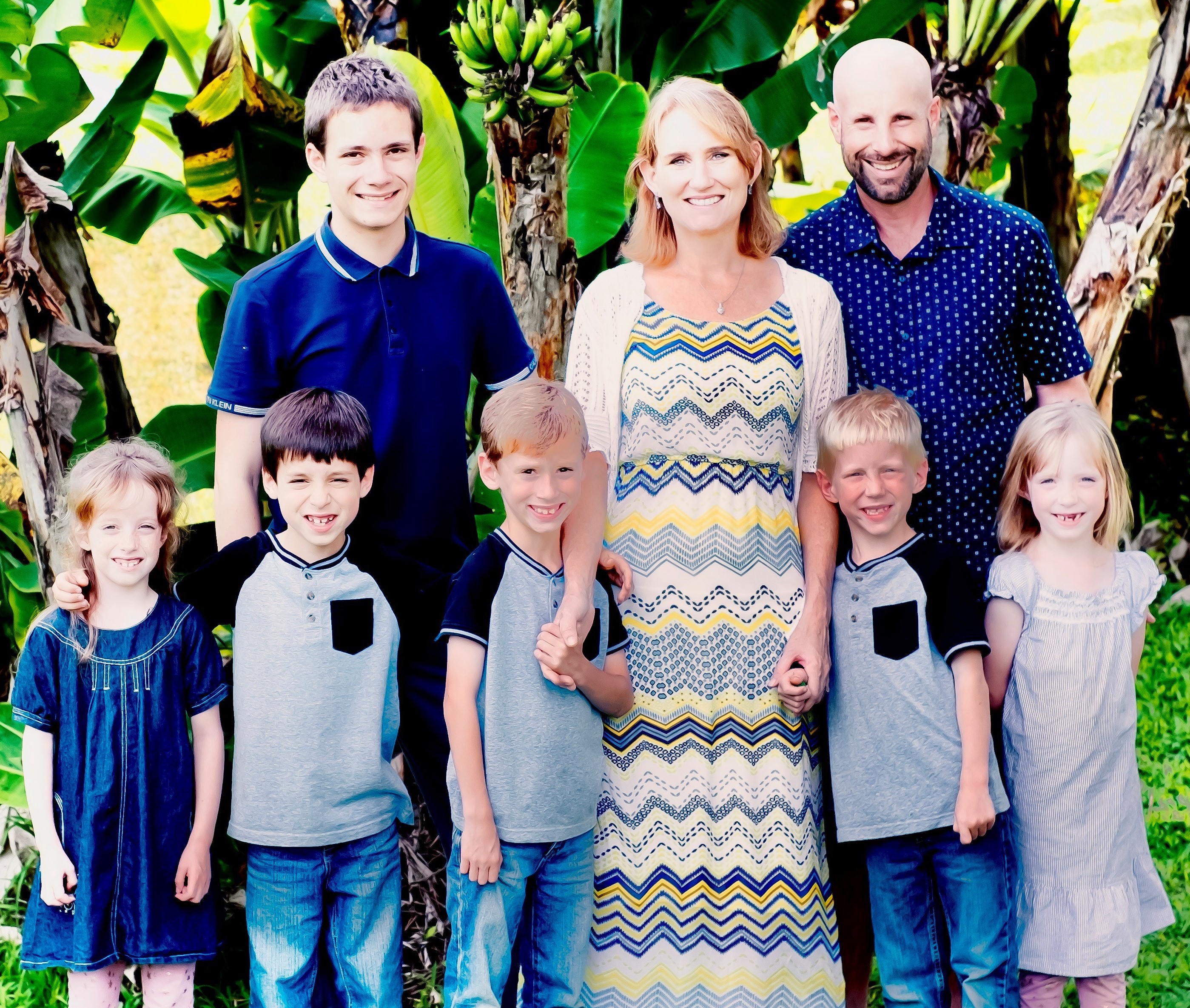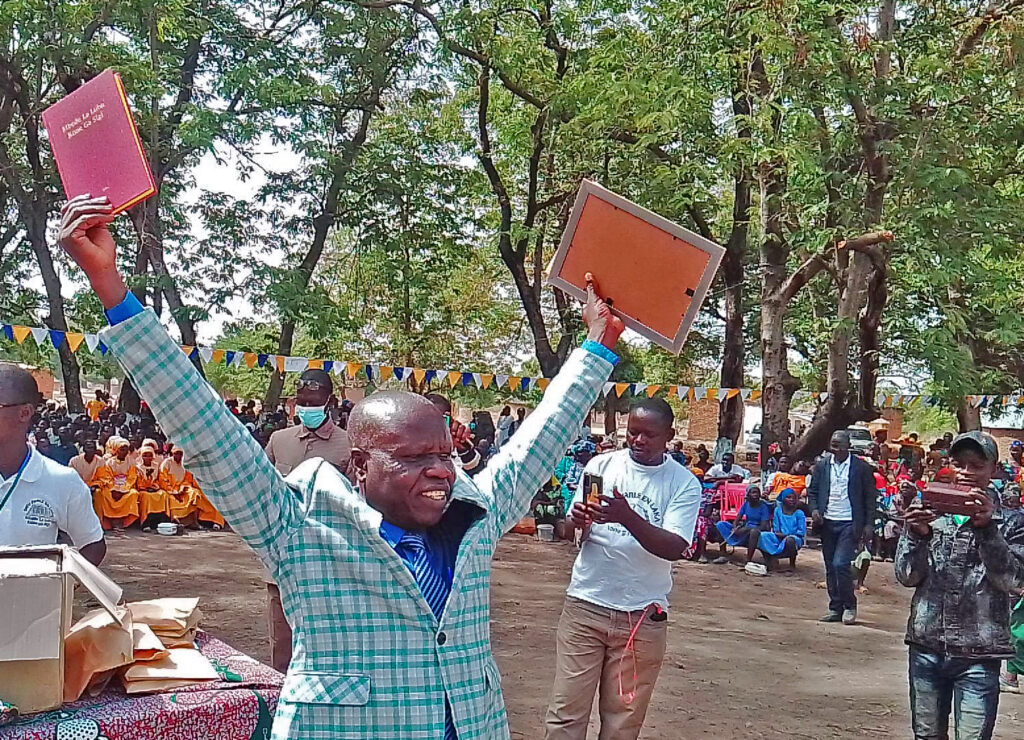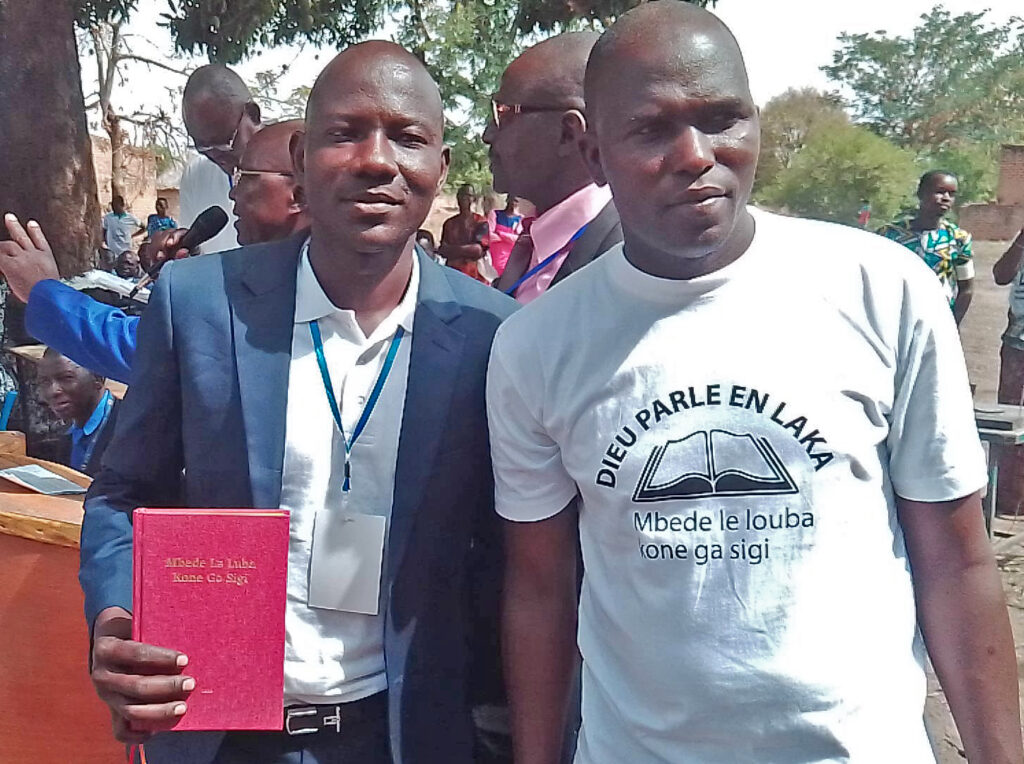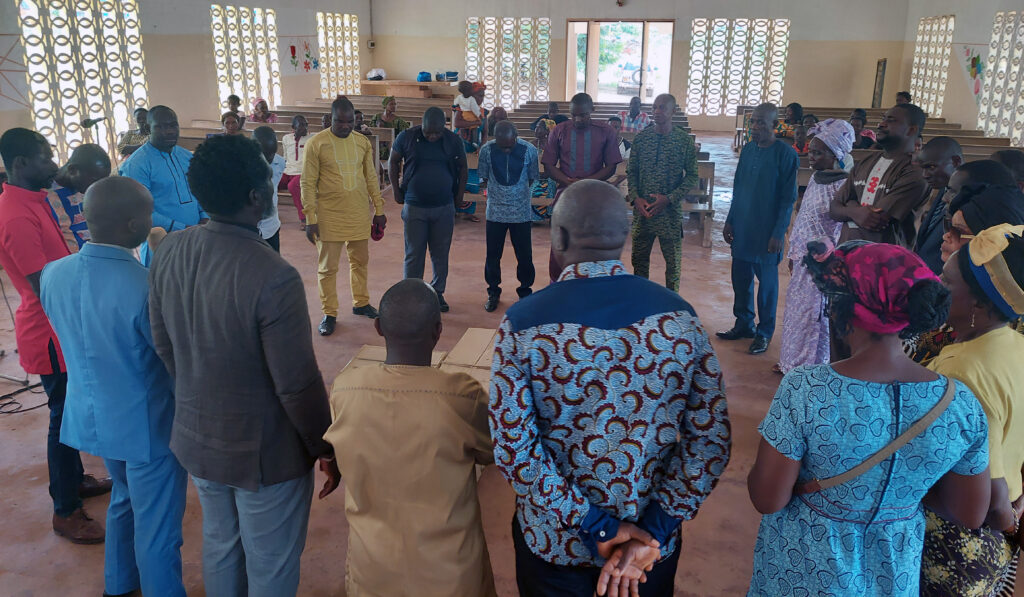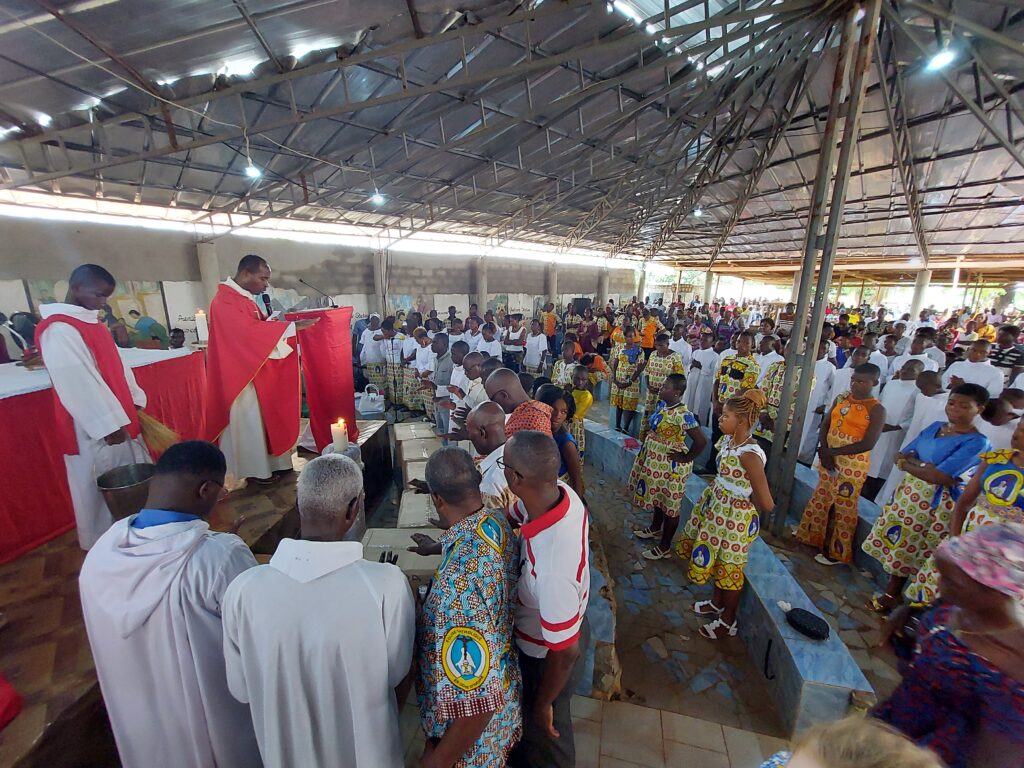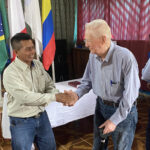Just 60 Miles
Just 60 Miles
Ukarumpa to Tapen. 60 miles.
That’s a short trip. About an hour’s drive, give or take, right? Grab some McDonalds on the way. Leave at 8:00 a.m. Be there by 9:15 a.m. Too easy!
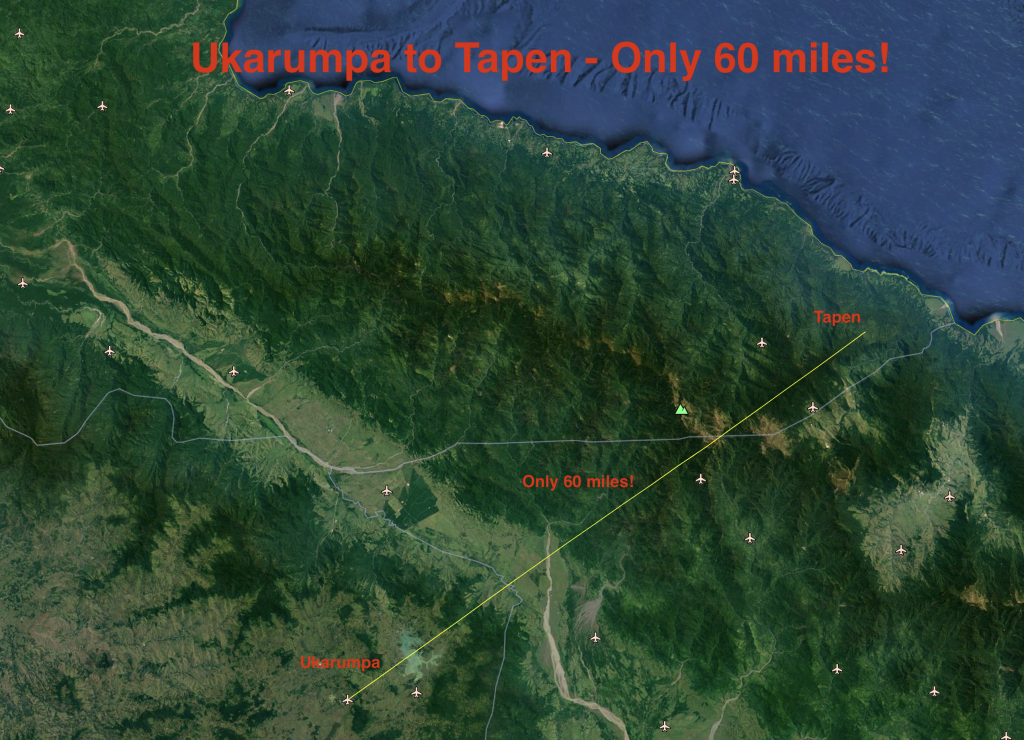
Well, no. Not in Papua New Guinea!
True, Tapen is only 60 miles from Ukarumpa, an international community that is the center for Bible translation work in PNG and home base for our aviation service. But there is no road to Tapen. Between Ukarumpa, at 5,000 feet above sea level, and Tapen is a deep river valley and then an incredibly rugged mountain range that climbs up to 14,000 feet and then—in only 18 miles—drops all the way to sea level!
The one road that leads out of Ukarumpa is a seven-hour drive to the north coast town of Madang. Driving in either direction, you never know what challenges you may meet on the road: landslides, large potholes, part of the road fallen away down a mountainside, flooded water crossings, and a variety of other possibilities. Interstate highway system? Not here. Rest stops for refreshment and potty breaks? Nope.
The Moe family recently started working in Tapen with the Domung people to help translate the Bible into their unique and difficult language. The Moes have four young boys and are learning the language and culture unique to this area of PNG.
What would it look like for this family of six to get to Tapen without aviation? For starters, they face the grueling drive to Madang, arriving exhausted after most of the day on the road. Spend a night. The next day they must try to find a dinghy (small motorized boat) to take them roughly 60 miles across the ocean to the coastal stop nearest to Tapen. Almost there, right?
Nope. Tapen is at 4,700 feet above sea level. They still have a long hike through the rain forest jungles along steep, muddy trails. These trails are not maintained by the Forest Service or made with helpful switchbacks and hand rails. No, they just go straight up and straight down the mountainsides, having been chopped out by bush knife and trodden by occasional travelers. Hours upon hours of hiking finally brings the family to Tapen, ragged and spent.
After nursing injuries acquired along the trail and brushing the leeches from their legs, the family gets to work opening up the house and setting up for life in the village. They are equipped with only the meager supplies they were able to carry with them from the coast on the hike to almost 5,000 feet.
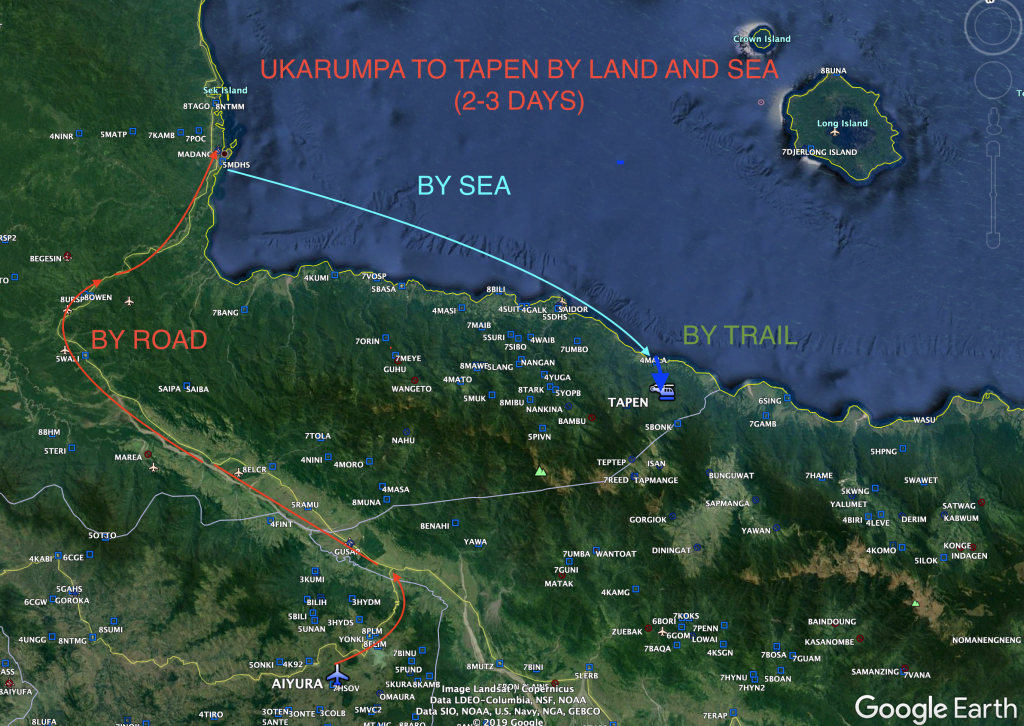
Fortunately, this is not usually how our translators get to their villages—worn out, tired, possibly injured, and ill-equipped. The demands of this country’s topography are extreme, but the airplane and the helicopter readily meet the task. Aviation is the transportation backbone in PNG. (There is no road from the capital city of Port Moresby in the south to the cities and towns in rest of the country!) Aviation service enables our people to safely and quickly get where they need to go. They can arrive with the supplies and equipment they need for their stay and their work. Instead of being exhausted and maybe injured from hours on the road, sea, and trail, they are relatively fresh and ready for life and work among the people they’ve come to serve.
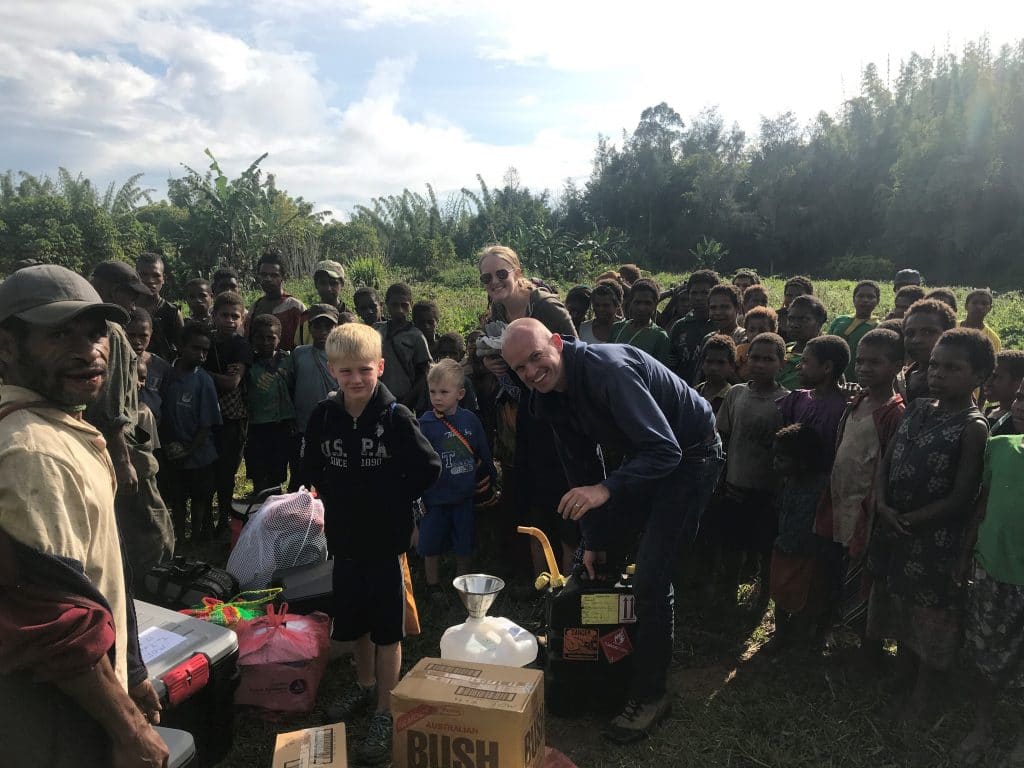
Please pray for our translators and Scripture-use workers and their families. They are on the front lines as they seek to share the Word of God with the people in those faraway communities with the hope that it may transform their hearts and lives into God’s new creations! Satan is working HARD to ruin their work, attempting to foil it in whichever way he can.


